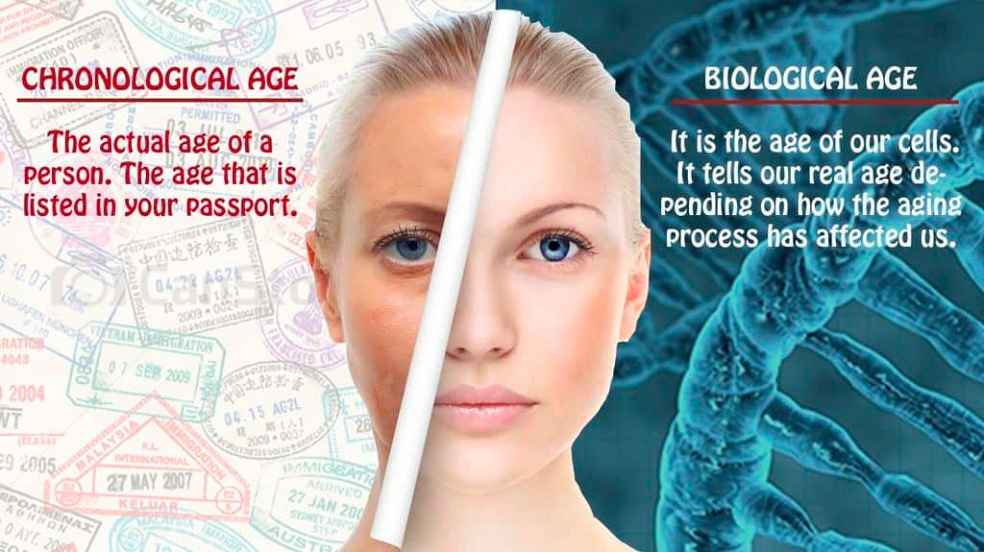London, UK: More than smoking or even some diseases, studies state that feeling unhappy, depressed, or lonely can hasten ageing.
Everyone has a “chronological age” based on their birth date, but they also have a “biological age” based on the ageing of their bodily systems, which is impacted by genetics, lifestyle, and other variables. Previous studies have shown that the chance of developing various diseases and passing away increases with biological age.
Researchers claim to have now developed a digital model of ageing that highlights the significance of psychological wellness. “Your body and soul are connected – this is our main message,” cited Mr. Fedor Galkin, a co-author of the study and lead scientist at the Hong Kong startup Deep Longevity.

Researchers from Deep Longevity, Stanford University, and the Chinese University of Hong Kong created an “ageing clock” using information gathered from 4,846 persons in 2015 as part of the China Health and Retirement Longitudinal Study in a paper published in the journal Aging-US.
The analysis comprised 16 blood indicators, including cholesterol and glucose levels, as well as details about the individuals’ sexual orientation and bodily functions including blood pressure and body mass index.
The researchers next weighed the anticipated chronological ages of individuals with the actual ages of those same individuals. The findings revealed an average deviation from the participant’s actual age of roughly 5.7 years. The average effect of these circumstances did not increase the expected age by more than 18 months. The team did discover some factors that affect how quickly people age.

“We demonstrate that psychological factors, such as feeling unhappy or being lonely, add up to 1.65 years to one’s biological age,” the researchers wrote.
The study emphasizes the significance of psychological state in how quickly we age, even if Mr. Galkin noted that the figure is only an estimate because the model presumes that certain emotions, such as pessimism or fearfulness, are independent of one another.
“Taking care of your psychological health is the greatest contributor that you can have to slowing down your pace of ageing,” Mr. Galkin quoted.
The research team also found that being married delays biological ageing by about seven months and that smokers are projected to be 15 months older than their non-smoking contemporaries. It is anticipated that rural residents will be nearly five months older than their urban counterparts.

The study is one of several in recent years to compute a “biological ageing clock,” according to Mr. Andrew Steptoe, professor of psychology and epidemiology at University College London.
According to the most recent research, feelings of despair, loneliness, and dissatisfaction are linked to biological ageing that is further along.
“The results are interesting and add to existing evidence from North America and Europe that factors such as stress and low socioeconomic position are related to accelerated ageing,” said Mr. Steptoe.
The professor observed that the study’s lack of participant follow-up allowed it to be demonstrated that people who were experiencing psychological discomfort aged more quickly.
It will be crucial to check in the future to see if these predictions come true by conducting additional tests over an extended period of time.



